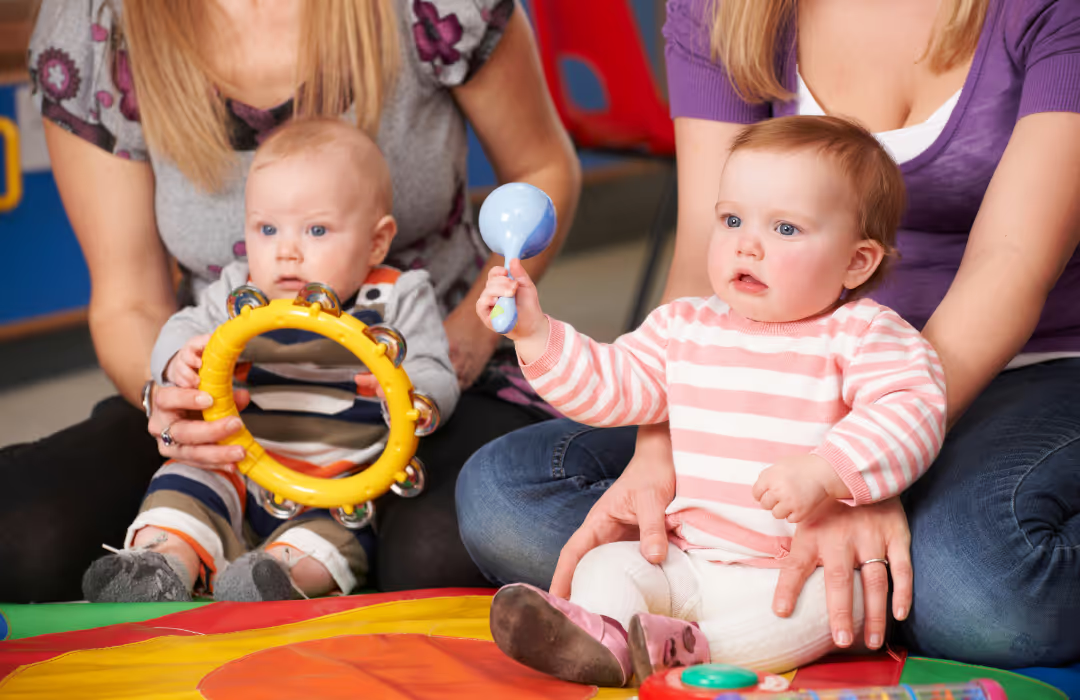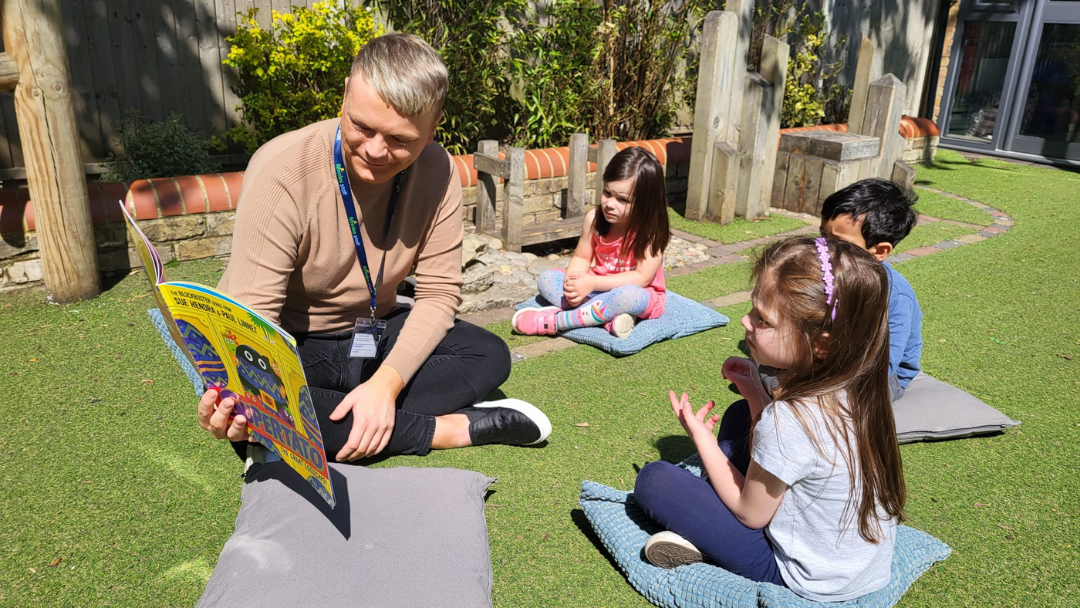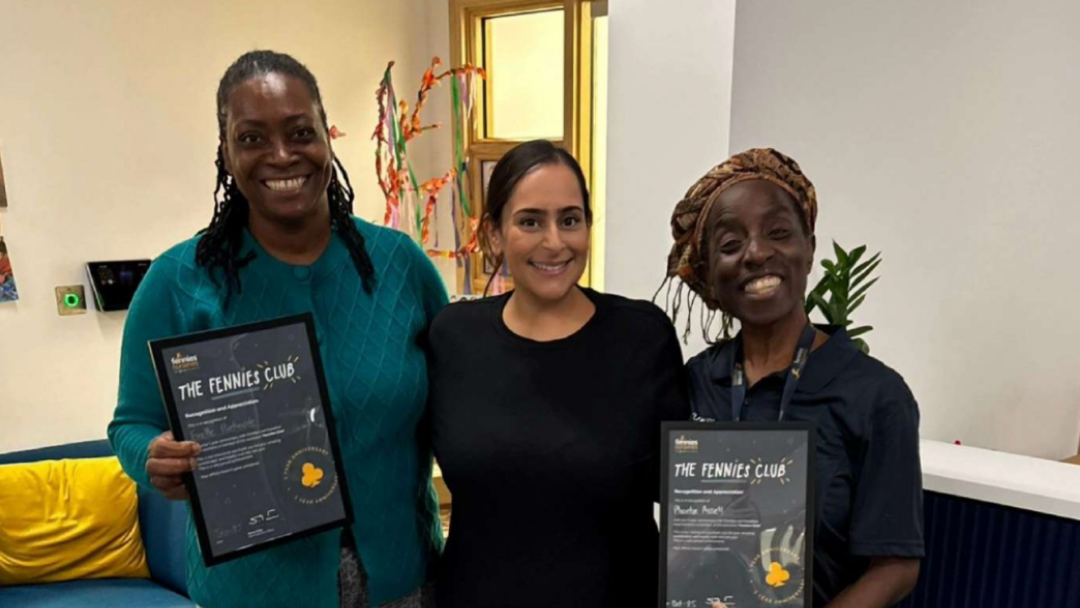The Role of Music in Enhancing Early Childhood Education
Music has long been recognised as a powerful tool in enhancing early childhood education. Its impact on cognitive and emotional development has been widely studied and documented. In this article, we will explore the importance of music in early childhood education, examine the theoretical frameworks that support its integration in the classroom, discuss practical strategies for implementing music in the curriculum, and address the challenges and solutions in incorporating music in early education. Finally, we will look at the future directions for music in early childhood education and discuss policy recommendations for its inclusion.
- Understanding the Importance of Music in Early Childhood Education
- Theoretical Frameworks Supporting Music in Early Education
- Implementing Music in the Classroom
- Challenges and Solutions in Incorporating Music in Early Education
- Future Directions for Music in Early Childhood Education
- Conclusion
Understanding the Importance of Music in Early Childhood Education
Music plays a crucial role in the holistic development of young children. Research has shown that exposure to music from an early age can have a positive impact on cognitive development.
“At Fennies we recognise the benefits and impact of music and movement on children’s academic success, brain development, and overall well-being, making it an essential component of our early years curriculum.
To ensure each music activity has a clear learning outcome, we have collaborated with external specialists to create comprehensive guidelines for our staff. Additionally, our in-house specialists actively role-model these music activities, demonstrating best practices and creating an engaging learning environment for the children.” - Rageena, Director of Early Years
The Connection Between Music and Cognitive Development
Studies have found that music stimulates various areas of the brain, including those responsible for language processing, memory, and problem-solving skills. By engaging in musical activities, children are able to develop their auditory discrimination and spatial-temporal skills, which are essential for maths and science learning.
A 2016 study by the Brain and Creativity Institute at USC found that musical experiences in childhood can accelerate brain development, particularly for language acquisition and reading. The National Association of Music Merchants (NAMM), has also found that learning an instrument can improve mathematical learning.
Emotional Benefits of Music for Young Children
Music has a profound effect on the emotional well-being of young children. It can help them express and regulate their emotions, develop empathy, and enhance their social skills. Music can create a positive and nurturing learning environment, fostering a sense of belonging and promoting self-confidence.

Social Development Through Music
In addition to cognitive and emotional benefits, music also plays a significant role in fostering social development in young children. When children participate in musical activities together, such as singing in a choir or playing in a music ensemble, they learn important skills such as cooperation, teamwork, and communication. These collaborative experiences help children build relationships, develop a sense of community, and learn how to work together towards a common goal.
Cultural Appreciation & Diversity
Introducing children to a wide variety of musical genres from different cultures can help them develop an appreciation for diversity and foster a sense of cultural awareness. By exploring music from around the world, children can learn about different traditions, customs, and histories, promoting respect and understanding for people from all walks of life. This exposure to diverse musical styles can also spark creativity and inspire children to explore their own cultural heritage through music.

Theoretical Frameworks Supporting Music in Early Education
Several theoretical frameworks support the integration of music in early childhood education.
The Mozart Effect: Fact or Fiction?
The Mozart Effect is the theory that listening to classical music, particularly Mozart's compositions, can temporarily boost cognitive abilities. While initial studies suggested a positive correlation between listening to Mozart and spatial-temporal reasoning, subsequent research has found mixed results. Nevertheless, the notion of music's positive influence on cognitive development remains valid, regardless of the specific genre or composer.
Music & Multiple Intelligence Theory
Developed by Howard Gardner, the theory of multiple intelligences argues that intelligence should not be limited to traditional academic abilities. According to this theory, music is considered one of the intelligences, and incorporating music in early childhood education can cater to a broader range of learning styles and enhance overall learning outcomes.

Implementing Music in the Classroom
Integrating music into the classroom can be a rewarding experience for both nursery teachers, parents and young learners.
Choosing Age-Appropriate Musical Activities
It is essential to select musical activities that are suitable for the developmental stage of the children. Incorporating rhythm, movement, and singing in age-appropriate ways can engage children and create a positive and enjoyable learning experience.
Integrating Music with Other Learning Areas
Music can be integrated into various subjects, such as language arts, mathematics, science, and social studies. By incorporating music into these areas, educators can enhance engagement, promote cross-curricular connections, and provide a holistic learning experience for young learners.

Challenges and Solutions in Incorporating Music in Early Education
While the benefits of integrating music in early childhood education are well-established, there are challenges that educators may face.
Addressing Lack of Musical Training among Educators
Many educators may lack formal musical training, which can affect their confidence and ability to incorporate music in the classroom. Providing professional development opportunities, such as workshops and training courses, can help address this challenge and equip educators with the necessary knowledge and skills.
Overcoming Resource Constraints for Music Education
Limited financial resources and access to musical instruments and materials can pose challenges in implementing a comprehensive music education program.
Collaborating with local music organisations, seeking grants, and exploring innovative technology-based solutions can help overcome these resource constraints and ensure that music remains an integral part of early childhood education.

Future Directions for Music in Early Childhood Education
The future of music in early childhood education holds exciting possibilities.
Innovations in Music Education Technology
Technology continues to advance and offers new opportunities for incorporating music into early childhood education. Interactive apps, online platforms, and virtual music lessons can enhance accessibility and provide engaging and personalised music learning experiences.
Policy Recommendations for Music in Early Education
Education policies play a significant role in shaping early childhood education. It is crucial for policymakers to recognise the importance of music in early education and ensure its inclusion as a core component of the curriculum.
Increased funding for music education, professional development support for educators, and standardised guidelines can help promote the integration of music in early childhood education across the country.

Conclusion
In conclusion, the role of music in enhancing early childhood education is indisputable. From cognitive development to emotional well-being, music offers numerous benefits for young learners. By understanding its importance, embracing theoretical frameworks, and implementing music in the classroom, educators and nurseries can create a vibrant and enriched learning environment.
Despite challenges, such as lack of musical training and resource constraints, innovative solutions and future advancements will continue to pave the way for music to thrive in early childhood education. As we look to the future, it is crucial for policymakers to recognise the significance of music in early education and take appropriate steps to ensure its integration in every classroom. Through collective efforts, we can harness the power of music to unlock the full potential of our young minds.
Discover how we incorporate music and other disciplines into our curriculum at Fennies, by clicking here.
FAQ
Subscribe to our newsletter
Stay up to date with Fennies news










